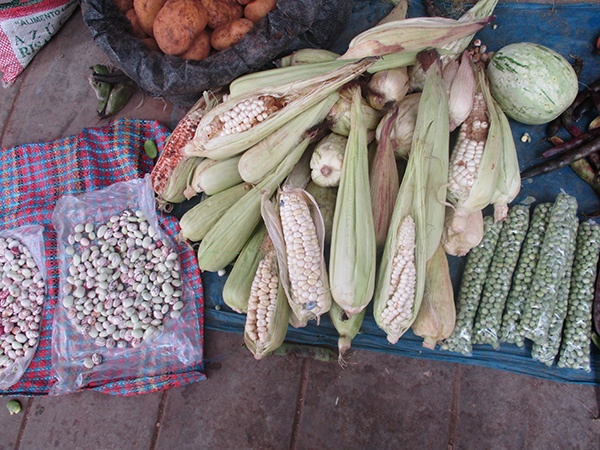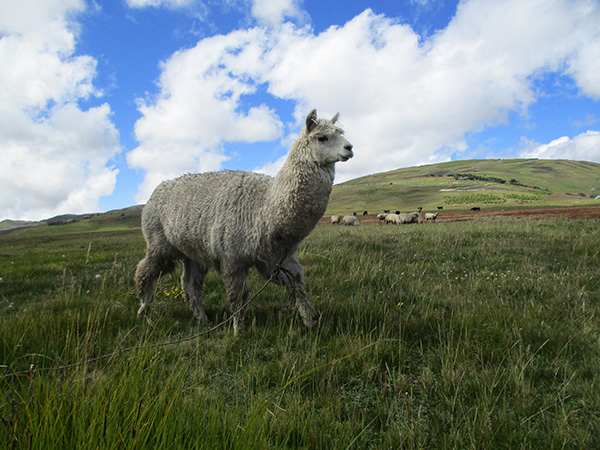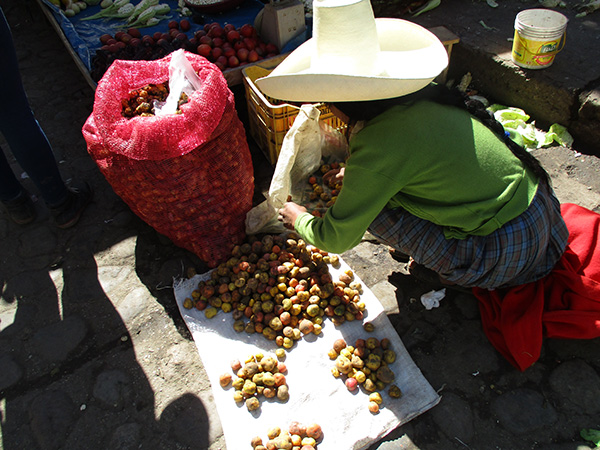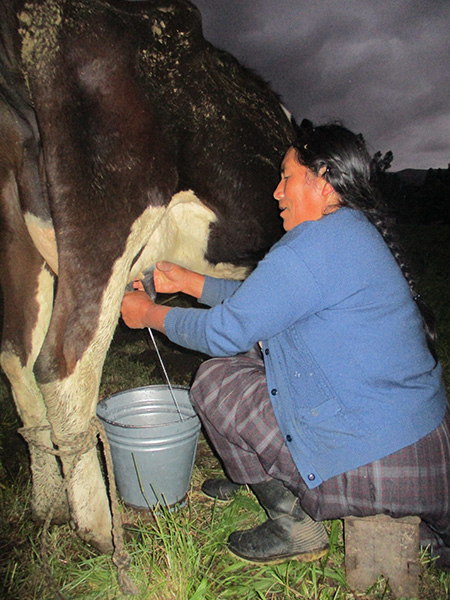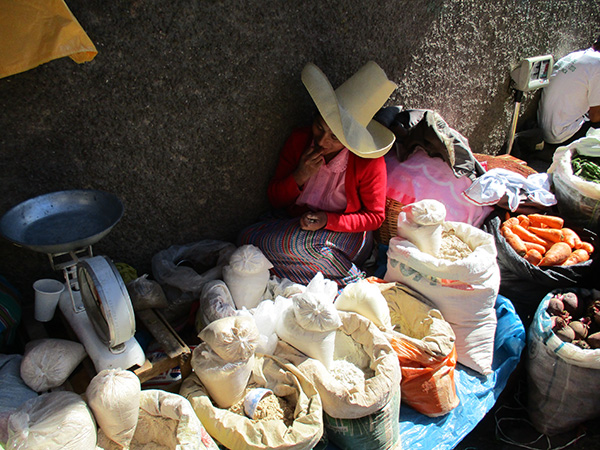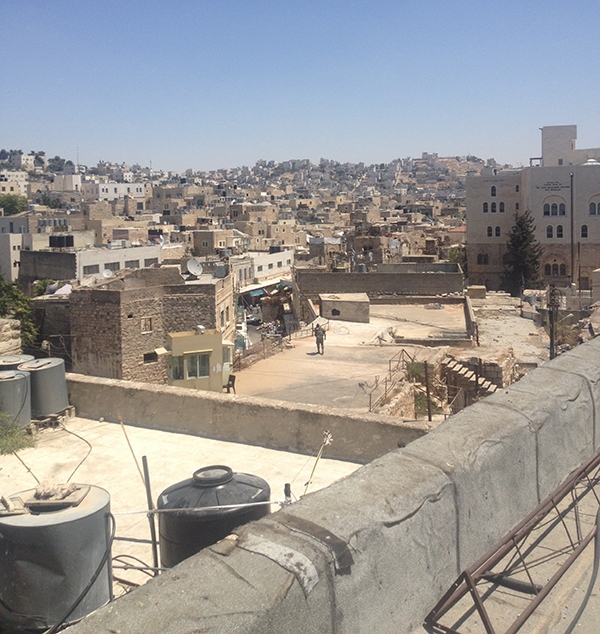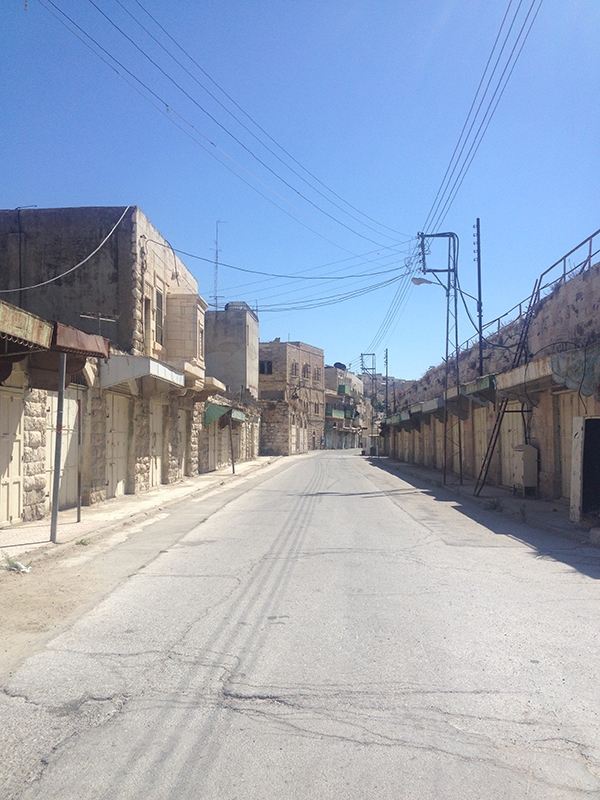 Ruth Lewis, Mike Rowe and Clare Wiper, Dept of Social Sciences, Northumbria University
Ruth Lewis, Mike Rowe and Clare Wiper, Dept of Social Sciences, Northumbria University
With Facebook exposed for its failure to prevent violence and abuse appearing on its site, the online abuse of women is once again in the news. At the same, time, public debate about online abuse has been growing apace amidst significant concern that the quality, tone and content of public debate are deteriorating. Our research is the first national study to examine experiences of people (mostly women) who receive abuse via social media. The research is based on a national survey (n=227) and interviews (n=17) with people who experienced abuse when participating in feminist debate online. While feminism enjoys a resurgence, with a lively presence online, feminists online seem to be particularly, but not exclusively, targeted for online abuse. And that abuse is not a distinct experience, unique to the online world; what they tell us suggests online abuse is an extension of violence against women in the real world.
“I was Tweeting about #EverydaySexism and received emails from several men detailing how they were going to sexually abuse me to remind me who was in control in society.”
Media coverage of high-profile individuals (eg Caroline Criado-Perez, Mary Beard, Jessica Ennis-Hill) suggests that abuse is typically extensive and extreme. However, our research shows instead that there is a continuum of experiences. These include concentrated, frequent, highly threatening and hateful abuse: one respondent reported a “threat to kill me and my son”. At the other end of the spectrum is more sporadic and less inflammatory abuse, comprised of unpleasant, non-threatening, single messages. Nearly half (40%) experienced online sexual harassment and more than a third (37%) experienced threats of sexual violence. “I was Tweeting about #EverydaySexism and received emails from several men detailing how they were going to sexually abuse me to remind me who was in control in society.” About half experience online abuse ‘constantly’ or ‘most weeks’ while half experience it between once a month and less than once a year.
‘But it’s only words’ is a common response to concerns about online abuse. But this research shows that accumulative routine, everyday abusive encounters can have significant impacts. Three quarters (75%) of those who found it ‘really traumatic’, received abuse more frequently, while a similar proportion (73%) of those who ‘shrugged it off’ received it less frequently. In general, the more frequent the abuse the greater its impact; far from becoming diluted by its frequency, the effects of abuse are cumulative and exacerbated. Impacts include ‘triggering’ (reliving past traumatic events such as sexual violence], anxiety, depression and fear. “Depression and anxiety, triggering of past experiences of real-life abuse, increased mistrust of people” “I ended up being prescribed beta blockers in the short term as I would wake up in the night with palpitations.”
Many women deal with abuse on and offline by ‘normalising’ it. ‘It’s just to be expected’, ‘what can you do? That’s life!’ are typical responses to abusive behaviour in the workplace, the pub, on the street and online. ‘Normalisation’ occurs online even in response to death and rape threats. After receiving voluminous abusive messages, detailing threats of physical and sexual violence, a ‘simple’ threatening, abusive message may, in comparison, be experienced as relatively mild. ‘Normalisation’ can be an effective strategy for dealing with online abuse but it raises concerns about the longer-term, insidious harm of considering death and rape threats as ‘normal’.
Misogynistic abuse is not confined to male perpetrators; one of the first people in the UK to be convicted of sending abusive tweets was a woman and her tweets included references to rape as well as threats to kills. A finding from recent Demos research which was highlighted in media coverage was that 50% of propagators of abuse were women. Leaving aside the methodological limitations of this research (it counted the aggressive use of the words ‘slut ‘and ‘whore’, thereby neglecting the more complex, detailed, descriptive forms of abuse such as this example from our research “he named the train station local to me in an oblique way [and] had a conversation with himself about making a special visit to a particular person (me) & named the station he’d be catching the train to. This man is a known rapist….”), such coverage indicated surprise that misogynistic language has been incorporated into routine, conventional public discourse. Online abusers may adopt the discourse of misogyny regardless of their gender. This is not ‘male violence’, so much as ‘masculinised violence’; that is, violence that draws on and generates misogynistic discourses and is generally perpetrated by men against women and girls but may be perpetrated by women.
Is this kind of abuse ‘silencing’ women? Yvette Cooper and others are concerned that online sexist abuse is ‘putting a generation of women off politics’. That’s what’s behind the ‘Reclaim the Internet’ campaign launched by MPs Yvette Cooper, Jess Phillips, Jo Swinson and Maria Miller. This isn’t the first instance of women being elbowed out of public space; Mary Beard has traced the long, shameful history of women’s exclusion from public debate. However, there are signs of hope. Our research shows that some women are galvanised by experienced abuse; far from being silenced, half (54%) said they were more determined in their political views. While emotions such as anger, worry, vulnerability, fear and sadness reduced over time, feelings of being galvanised to act increased.
Far from being unique to cyber space, such misogyny is an extension of offline violence and abuse of women and girls.
Online misogyny is a growing concern and the subject of political campaigning and academic research. This research from Northumbria University goes behind recent media coverage to examine experiences of feminists who receive online abuse. Far from being unique to cyber space, such misogyny is an extension of offline violence and abuse of women and girls. Similarly to offline, where women’s groups have campaigned against male violence, provided support and protection to women survivors and raised public awareness, feminists online challenge misogyny in cyber space and fight for women to share the internet, free from violence, abuse and intimidation.
Lewis, Ruth, Mike Rowe and Clare Wiper (2017), ‘Online abuse of feminists as an emerging form of violence against women and girls’ British Journal of Criminology
Ruth Lewis is Associate Professor in Sociology in the Department of Social Sciences, Northumbria University.
Mike Rowe is Professor of Criminology in the Department of Social Sciences, Northumbria University. Twitter: @mikearowe
Clare Wiper is a PhD student studying the online dimensions of violence against women in the Department of Social Sciences, Northumbria University. Twitter: @ClareWiper
